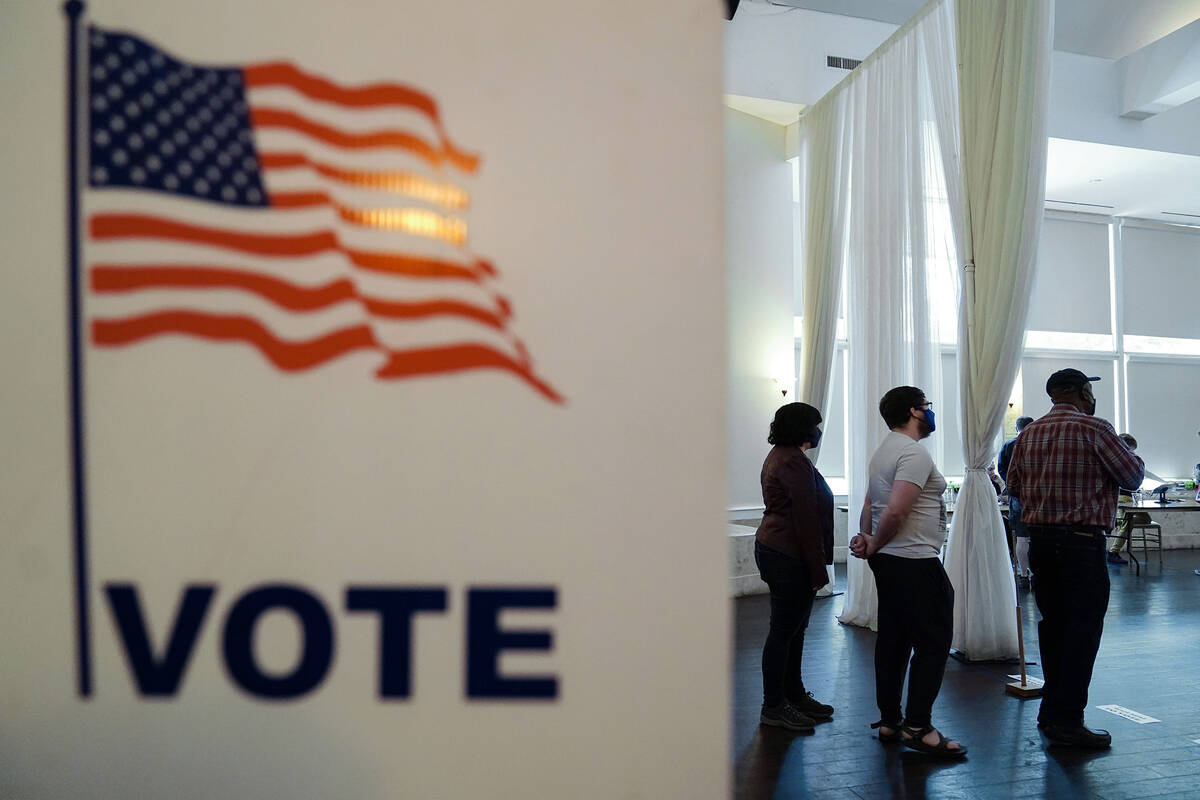The ongoing redistricting process in Texas has ignited a significant discussion about the implications for voter representation. As the state redraws its electoral maps following the latest census, concerns are rising about how these changes may affect the principle of one-person, one-vote. Critics argue that the current practices of redistricting could lead to an unfair advantage for the majority party, undermining the democratic process.
Redistricting occurs every ten years, coinciding with the census, and is intended to reflect population shifts within the state. Ideally, a party receiving 40 percent of the vote should secure roughly 40 percent of the seats. Yet, according to political analysts, the majority party often manipulates the system to gain additional seats, a practice known as gerrymandering. This manipulation raises questions about the integrity of the electoral process.
Understanding Gerrymandering in Texas
Gerrymandering involves the strategic drawing of district lines to benefit a particular political party. In Texas, this has led to districts that are often convoluted in shape, designed specifically to maximize the votes for the ruling party while diminishing the influence of minority party voters. As a result, many citizens feel that their voices are not adequately represented in the legislature.
The implications of gerrymandering extend beyond mere seat allocation; they affect how laws are enacted and which policies are prioritized. For instance, policies that might benefit a broader spectrum of constituents can be sidelined if the majority party prioritizes its own agenda over balanced representation.
The Call for Reform
Advocates for fair redistricting argue that reforms are essential to restore integrity to the electoral process. Some propose the establishment of independent commissions to oversee the drawing of district lines, thereby reducing partisan influence. These commissions could ensure that district boundaries are drawn based on objective criteria, promoting fairness and transparency.
The debate surrounding redistricting in Texas reflects broader national conversations about electoral integrity. As other states grapple with similar issues, the outcome of Texas’s redistricting process could have far-reaching consequences, influencing political dynamics across the country.
In conclusion, the redistricting battle in Texas highlights critical concerns regarding voter representation and the health of the democratic process. With the principles of one-person, one-vote at stake, it is imperative for lawmakers and citizens alike to engage in meaningful dialogue about reforming the system to ensure fair representation for all voters.






































































